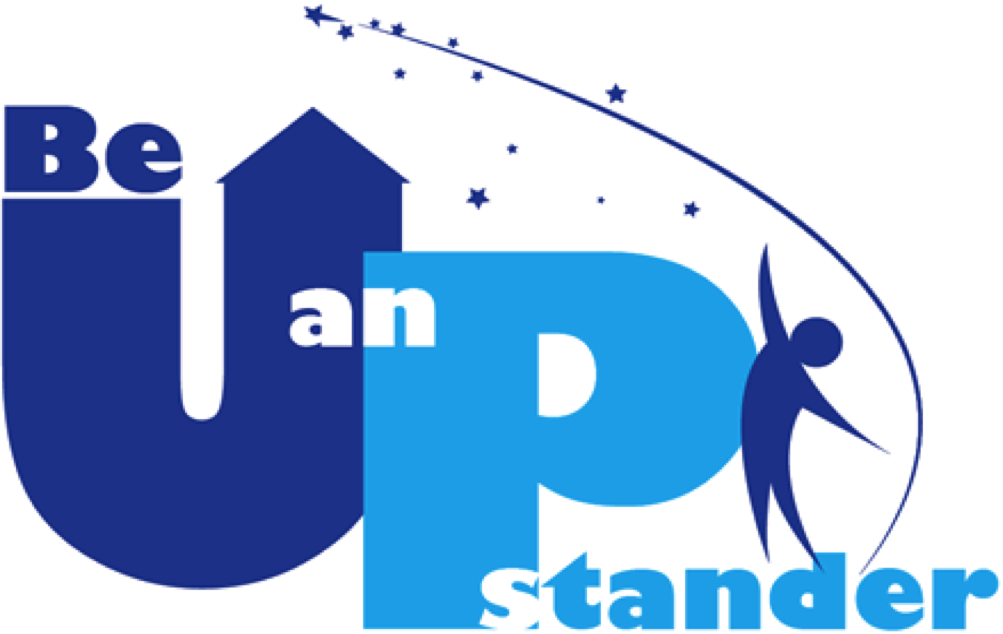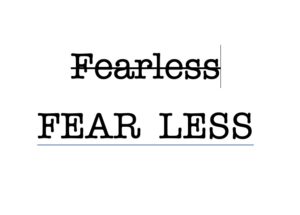I believe it is essential to pass the importance of assisting others on to our children, and I hope my husband and I have done so. When our girls were young, we gave them money at Christmas to buy gifts for each other, however, before they could buy these gifts, we asked that they choose a cause to donate to. Some years they chose books or toys from the wishing tree tags at the local mall to donate and other years deposited a portion of their gift money into a Salvation Army red kettle.
Recently on television news, I saw a report of a young woman who was praised for helping to pull a man from a burning car. She received the praise because she was the first of the onlookers to rush in to help the accident victim. The reporter asked her why she ran to help; her answer was something to the effect she was tired of being a bystander or she didn’t want to be just a bystander.
The word bystander has become such a part of our vernacular lately that many times we don’t give its meaning a second thought. However, there are many definitions for bystander–present at event or incident but does not take part, a watcher, an eyewitness, a spectator, and my favorite–a gawker. I have wondered lately, have we become a nation of bystanders–standing by clicking photos on our cell phones instead of offering a helping hand?
Have we forgotten the lessons we were taught–to help our neighbor? Wouldn’t most of us step forward without delay if we were to see an incident where help is needed? Isn’t it an obligation we must accept for being human and sharing our planet with others?
Could it be possible that upstander will become our new word of choice?
Note: B.E. Beck is the author of the recent book, Who are You, Trudy Hermann?, a 2018 Readers’ Favorite Book Award Finalist. In this young adult/adult read, Trudy goes from carefree schoolgirl to resident at a German-American internment camp to life in the deep south. It is inspiring to follow her journey as she struggles to find her voice and become an “upstander”.



